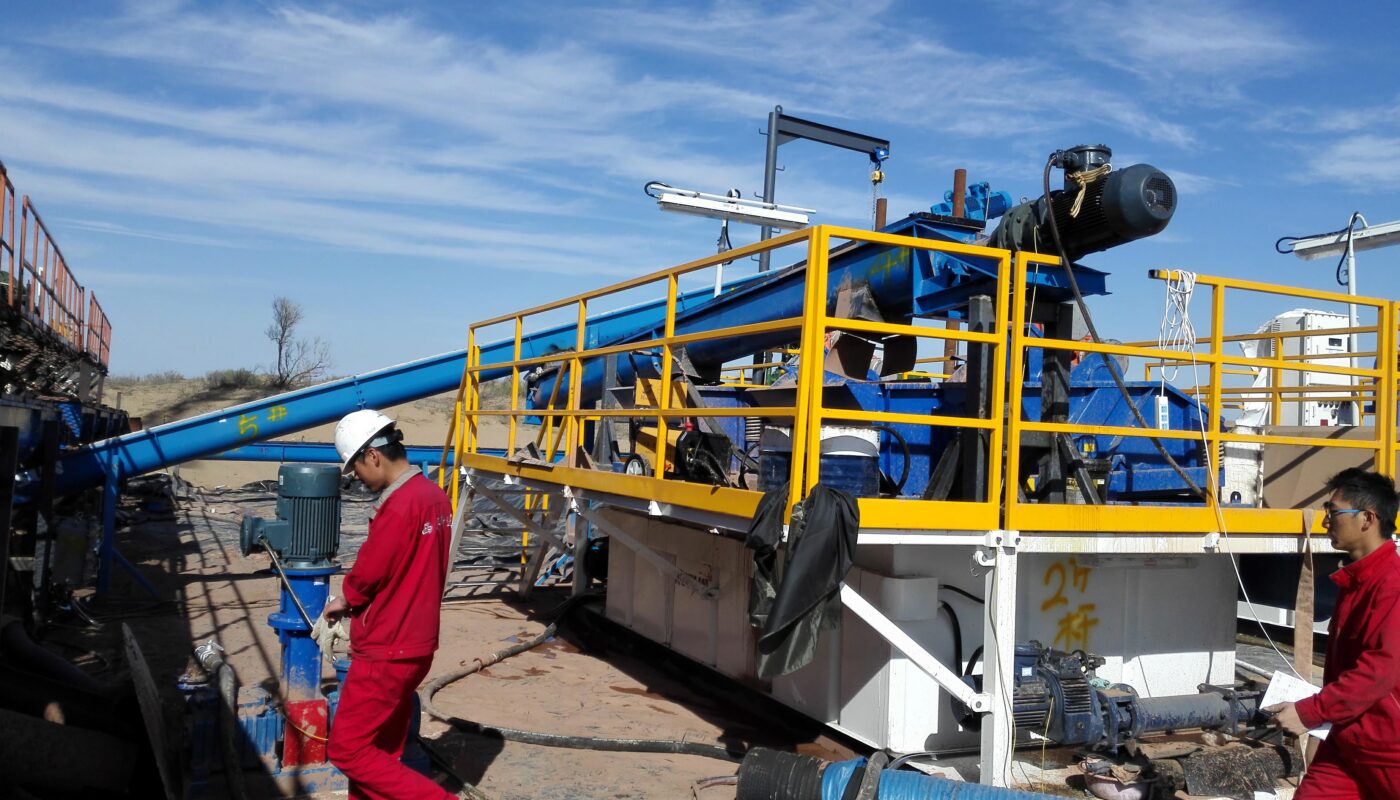Rising amounts of municipal and industrial waste have become a major issue across the globe in recent years. Waste management services play a key role in handling waste generated from a variety of sources in an effective manner to prevent environmental pollution. Solid waste management involves activities such as collection, transfer, processing, recycling, and disposal of garbage. It also includes managing liquid waste and treatment of wastewater from residential, industrial and commercial sources. The waste management market offers various equipment, products and services used for processing, disposing and monitoring of waste materials. Advanced waste treatment technologies aid in efficient recover of resources and conversion of waste into reusable materials or energy.
The global Waste Management Market is estimated to be valued at US$ 2441.3 Bn in 2024 and is expected to exhibit a CAGR of 9.0% over the forecast period 2024 to 2030, as highlighted in a new report published by Coherent Market Insights.
Market key trends:
One of the major trends in the waste management market is rising focus on waste-to-energy technologies. Conversion of non-recyclable or non-reusable waste materials into useable forms of energy is gaining popularity as an effective solution for treatment of municipal solid waste. Technologies such as incineration, gasification, pyrolysis and anaerobic digestion are being deployed on a large scale to generate electricity or biofuel from combustible waste fractions. This dual benefit of waste treatment as well as energy production is driving investments in advanced waste-to-energy plants globally.
Porter’s Analysis
Threat of new entrants: The waste management market requires large capital investments and extensive regulations to operate safely, creating barriers for new competitors. However, advancements in waste management technologies lowering these barriers could increase threats over time.
Bargaining power of buyers: Municipalities and commercial entities have significant influence over waste management services as major customers. However, the needs of handling waste creates some dependence and switching costs for buyers.
Bargaining power of suppliers: The market has a mix of large multinational suppliers and regional/local players, balancing supplier influence. Technology solutions provide alternatives to traditional disposal impacting supplier power.
Threat of new substitutes: New recycling and conversion technologies are introducing substitutes for traditional disposal but require support to scale. Integrated waste practices also provide some substitutable options.
Competitive rivalry: The market has large global players competing alongside mid-sized regional operators. Competition focuses on technology, service quality, sustainability and price to win new contracts and retain customers.
Key Takeaways
The Global Waste Management Market Share is expected to witness high growth supported by rapid urbanization, changing waste generation patterns and sustainability initiatives.
Regional analysis: North America dominated waste management market in 2024 due to stringent regulations and high waste generation. Europe and Asia Pacific are expected to be fastest growing markets due to rising waste amounts from economic development and growing environmental awareness. Emerging regulations in countries like China and India will drive future demand.
Key players: Key players operating in the waste management market are Fujifilm Holdings Corporation, Olympus Corporation, Hitachi Medical Corporation, Pentax Medical (Hoya Corporation), Boston Scientific Corporation, Cook Medical, Carl Zeiss Meditec AG, Medtronic plc, BARD Diagnostic Systems, Inc., ACON Laboratories, Inc. Players are focusing on sustainability, digital solutions and service expansion to boost market share. Collaborations and mergers are increasing in the industry.



